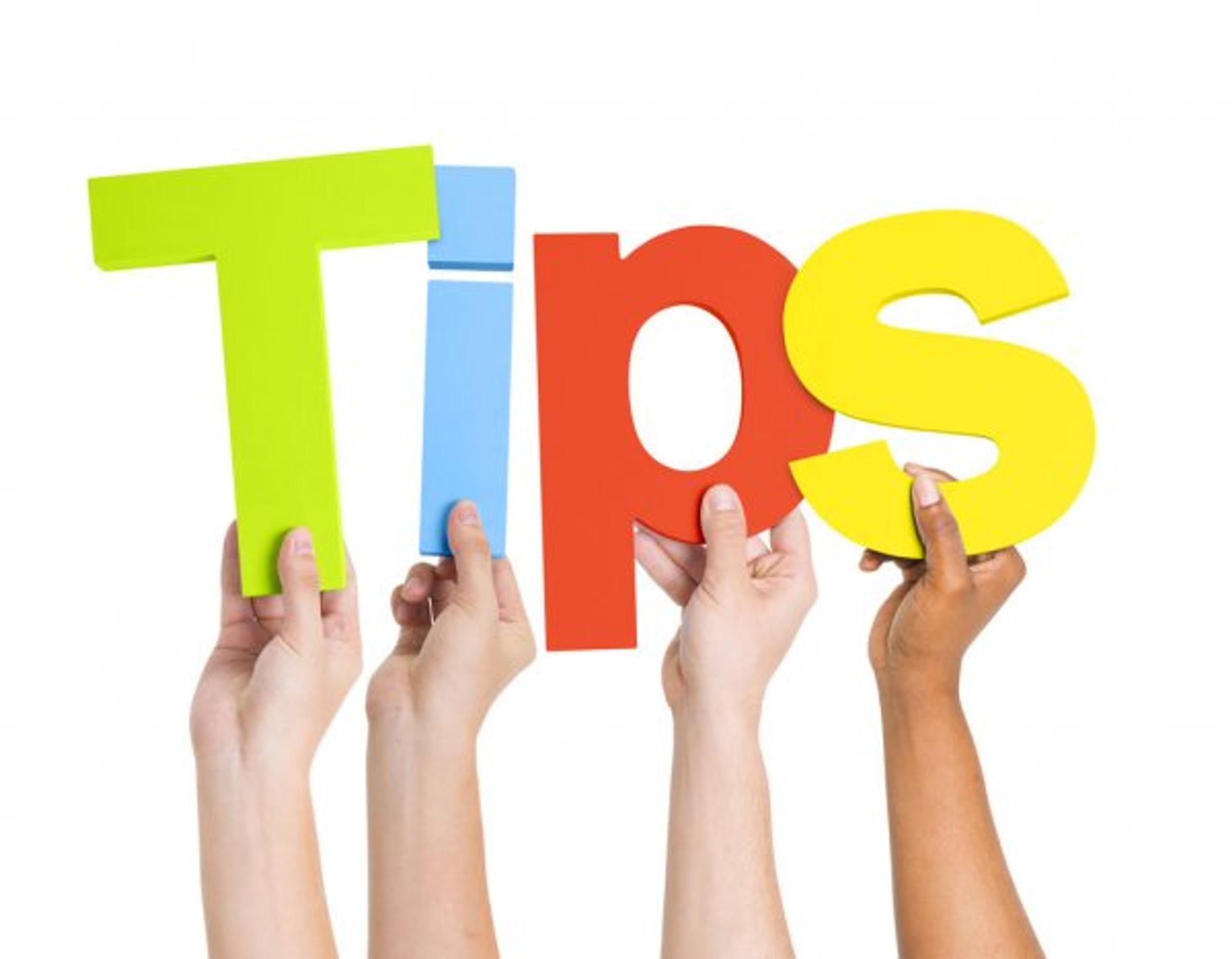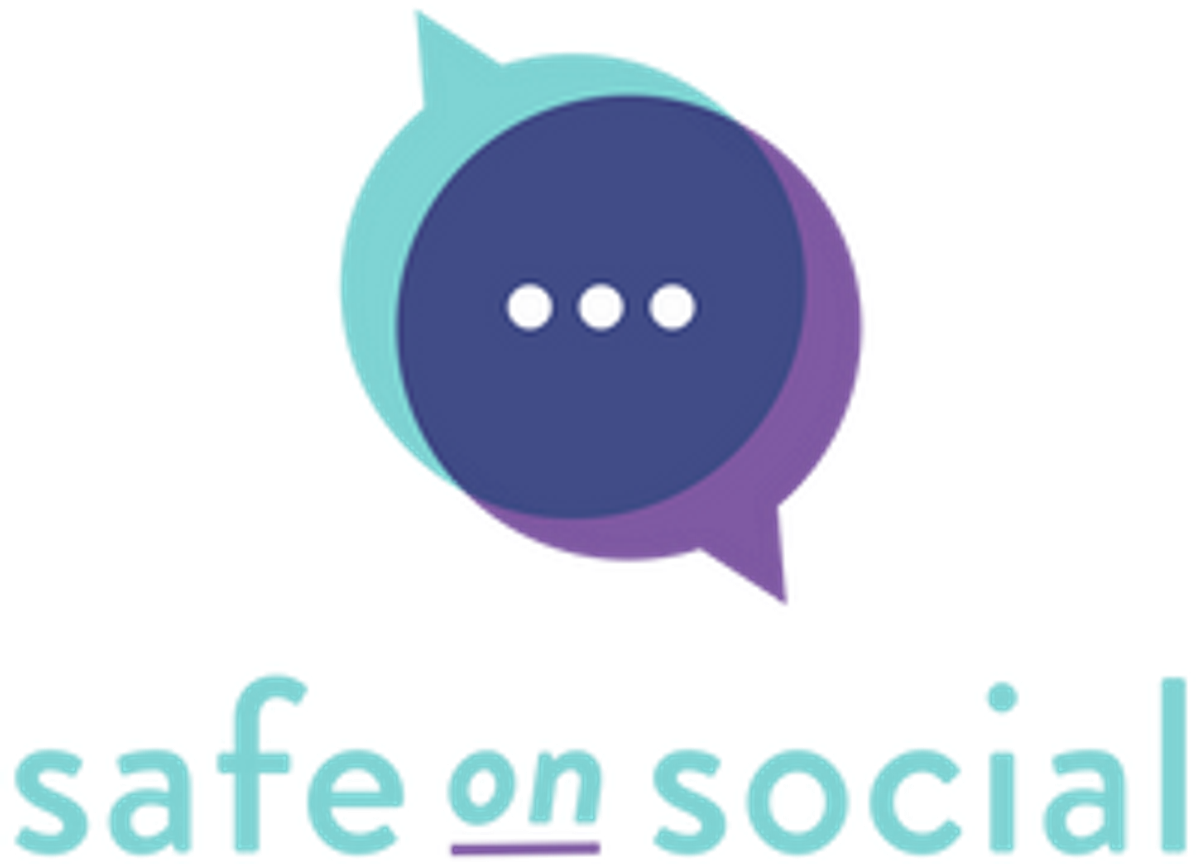TIPS FOR PARENTS

School TV
SPECIAL REPORT: Starting Year 7
Starting Year 7 poses many new challenges, but also offers exciting opportunities. It comes with a number of mixed feelings. Unfortunately for many Grade 6 students, 2020 was marred with school closures and remote learning due to the pandemic and the overall impact of this is still unknown. For many students, regular orientation activities at the end of 2020 were less than ideal. Therefore, many students may be feeling a little bit more anxious than usual about their expectations of starting Year 7. Grasping new skills and establishing new study practices can quickly become daunting and overwhelming. During this time of transition, parents and carers need to be supportive, but also realistic in their expectations. This is an important milestone in your child’s life. There will be feelings of exhilaration, but also the fear of the unknown. Therefore it will be important for parents and carers to be vigilant in monitoring their child’s mood and mental health during this time. They could easily become overly anxious or even depressed. In this Special Report, there are a number of strategies offered that can make this transition period smoother and start things off on the right foot! We hope you take the time to reflect on the information offered in this Special Report, and as always, we welcome your feedback. If you do have any concerns about the wellbeing of your child, please contact the school for further information or seek medical or professional help. Here is the link to your special report
https://holytrinity.nsw.schooltv.me/wellbeing_news/special-report-starting-year-7
The Good and The Bad - Social Media Challenges
Lockdown brought with it a host of social media challenges that have set the Internet ablaze again. Some good, some bad. During the lockdown, people at home came up with weird stuff to do and, further, nominated friends to participate. But just how dangerous these challenges became is what we are writing about this morning and how to handle them if they circulate in your school community. Social Media challenges can be fascinating to young people, who may be both impulsive and drawn to behaviour that gets attention – especially when using social media. Young people are naturally more impulsive and likely to act before thinking through all of the ramifications, making Social. Media Challenges a big attraction.
Some were fun, like the #binisolationouting challenge. This challenge began in Australia, where people dressed up as their favourite Superheroes, Disney characters, or in black tie outfits to take the bin out.
Some were helpful, Like the Safe Hands challenge Launched by the World Health Organisation (WHO), the #safehandschallenge on social media called on people to practice hygienic hand washing techniques to tackle the coronavirus outbreak. Celebrities on social media took up the challenge and posted videos of them washing their hands for 20 seconds.
Some are incredibly positive. One of the first significant challenges to go viral was the ALS Ice Bucket Challenge.
The chilling challenge required pouring a bucket of ice-cold water on your head to raise awareness of the disease amyotrophic lateral sclerosis and encourage donations to research. According to the ALS Association, more than $115 million in donations were raised through the 2014 ALS Ice Bucket Challenge and used for research.
However, there can be a dark side. Social Media Challenges may require the person doing the challenge to film some form of a risky, dangerous act or unhealthy behaviour and posting the video online to consider the challenge completed to gain followers, attention, or going viral.’
The Pass-out Challenge or the Choking Game. While not new, this challenge is dangerous and deadly, and in late January 2021, a 10yr old girl in Italy lost her life while participating in this challenge. The “Choking Game” has made its rounds on the Internet over the years. Participants intentionally cut off their oxygen, intending to cause euphoria, but most of the time lose consciousness.
The Earphones Waist challenge is just the latest in a long line of these challenges that appeared during lockdowns globally. The challenge started with a news account on the Chinese app Weibo, which asked people to see the amount of weight they have gained by counting the number of rounds their earphones can do around their waist. However, as far back as 2015, we had the collarbone challenge that saw young women compete on how many coins they could fit in their concave clavicle. We have also had a resurgence in the A4 challenge, first seen in 2016 — women measuring themselves against pieces of A4 paper to show off how thin their waists were. While social media challenges have become a cornerstone of internet culture, these particular ones highlight an unhealthy preoccupation with being thin and perpetuate unrealistic beauty standards.
Social media often rewards outrageous behaviour, and the more outrageous, the bigger the likes and follows. That environment plays into young people’s underdeveloped ability to think through their actions and possible consequences.
Social media challenges are something we must be across. We need to be aware and start conversations around which challenges they may have heard of in their circle of friends. Ask them (without judgment) what they think are the dangers behind these challenges. Google the challenges online, research them, and make sure you notify the school if you hear them being discussed (or acted out), so they know they are circulating if they are even slightly risky. That way, you and the school will be aware of challenges and mitigate the risks, and the school can immediately notify other parents.
Sometimes kids are more willing to talk about their peers than themselves. Asking questions about school trends, friends, and fads may yield more answers than direct questions about their activities.No matter what, it is essential to keep the lines of communication open and avoid passing judgment. Instead, calmly discuss the dangers in those choices.
Also, consider discussing with the child/teen what actions they can take if they are worried about a friend or peer and whom they feel safe to talk to if they feel pressured to join in on a challenge.
As long as the answer is that they would tell you or another trusted adult, that is a great start.
Copyright © 2021 Safe on Social Media Pty Ltd, All rights reserved.


